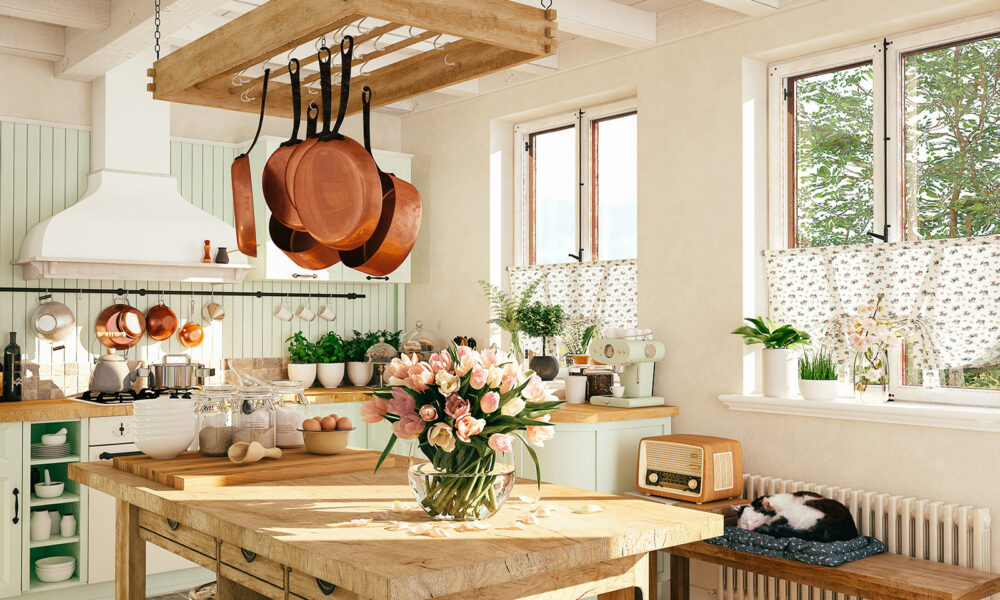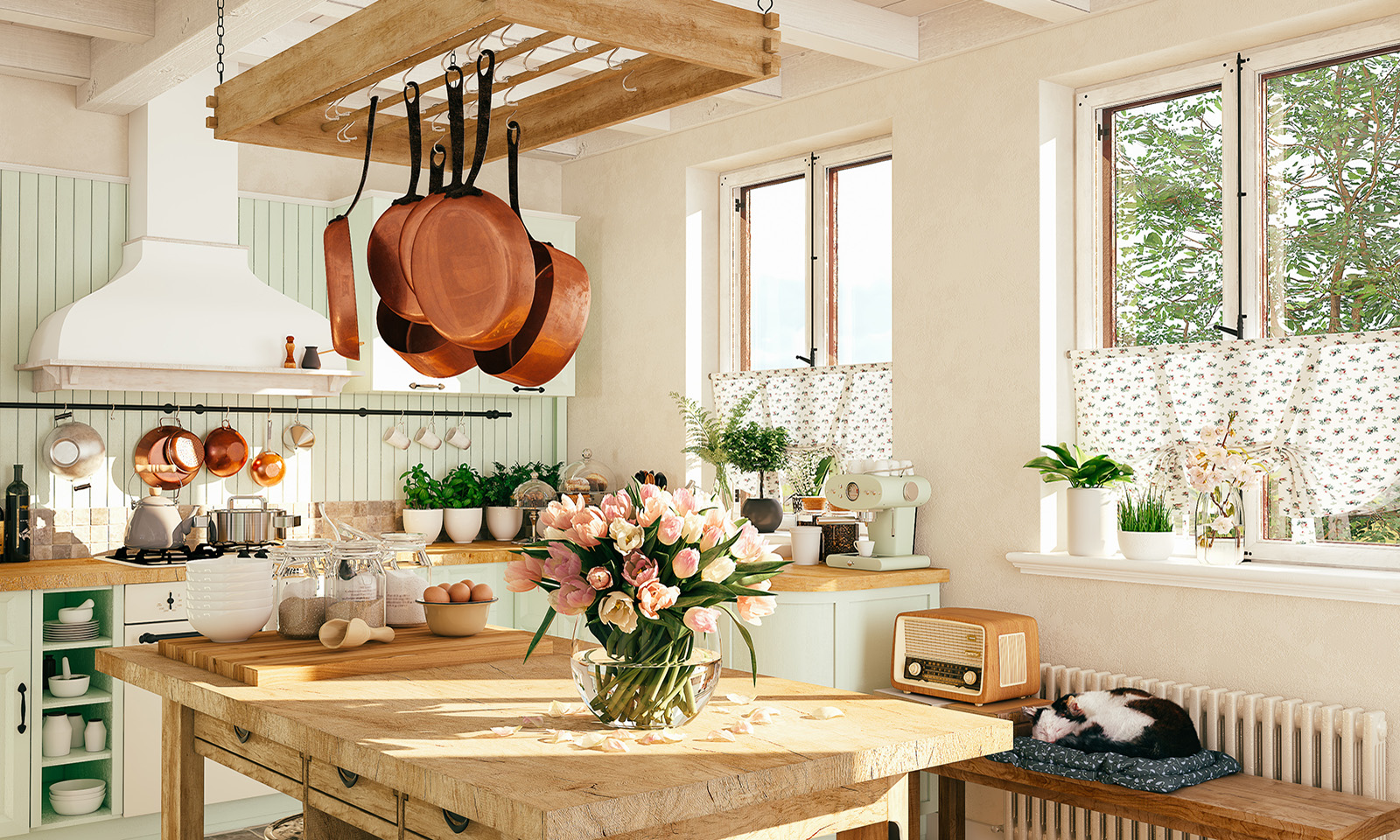

Here’s a terrifying statistic for you: According to the Environmental Protection Agency (EPA), humans generate about five pounds of solid waste per person per day, which adds up to a total of nearly 300 million tons per year. Of that, only 69 million tons are recycled or composted annually, meaning the vast majority of waste is going straight into landfills and the world’s oceans. It’s no wonder so many of us want to make the switch to low-waste living.
Why Go Low-Waste?
Why should we work towards creating less trash? It’s simple: Much of the waste we generate is problematic for the health of our planet. It’s packed with harmful chemicals that are toxic to the Earth and our waterways. Of course, it’s also made up of millions of tons of plastic. According to the EPA, about 12.2 percent of all solid waste generated is plastic, which as we all know takes hundreds of years to degrade and will outlive us all.
But there are some easy ways to create less waste in your home or business that don’t require you to go out of your way. Here are a few of the simplest ideas, from switching to a plastic-free shampoo and conditioner bar to investing in long-lasting food storage containers.
- Eliminate Plastic Tools and Extras — Take a look around you and we’re willing to bet you’ll find a ton of wasteful plastic in your pile of everyday tools and necessities. But chances are, many of these products can be swapped out with more eco-friendly alternatives. For example, something as simple as your plastic dish scrubber can be exchanged for a wooden and natural fiber dish brush that’s much less wasteful.
- Skip the Takeout (When Possible) — We know that eliminating takeout is nearly impossible when you’ve got little time for cooking (especially in the midst of a lingering global pandemic where dine-in is limited and risky). But even cutting out takeout one night per week can have a positive effect on the planet. When you do grab your favorite food to go, make sure to let them know if you don’t need any plastic flatware, straws, extra sauce packets, chopsticks, etc.
- Go ‘Buy It for Life’ — A simple way to improve your life and create less waste? Join the Buy It for Life movement. This lifestyle is all about investing in higher quality, longer lasting things that can be used indefinitely, helping us consume, and ultimately waste, less. It’s also about repairing rather than replacing shoes, clothing, tools and other items. Here are some ways to follow the Buy It for Life methodology.
- When you’re done with your cheap plastic food storage containers, replace them with durable glass ones (like Pyrex).
- Invest in stainless steel tumblers and straws for beverages.
- Cook with cast iron cookware. Although there are many cooking materials that will last, cast iron is tough enough to outlive them all and even gets better with age.
- Buy shoes, outerwear and apparel from companies that have a lifetime warranty and will make repairs.
- Get to know your local shoe repairman. If you’ve got quality-made shoes, a cobbler will usually be able to fix them up.
- Use a Reusable Water Bottle — One reason plastic is problematic is that it doesn’t decompose naturally. With that said, it does break down subtly in daily life, even leaching potentially harmful chemicals into your food and water. Make the investment in a high-quality, eco-friendly reusable water bottle to keep plastic out of the landfill.
- Switch to Plastic-Free Care Products — Did you know there are a ton of low-waste or plastic-free alternatives to many of your favorite beauty and care products? For example, switching to a solid shampoo bar, conditioner bar or lotion bar helps you fully eliminate all that plastic waste in the shower. Keep it basic with bar soap instead of using shower gel that comes packaged in a plastic bottle.
- Replace Plastic Utensils with Wood — When you go to replace your half-melted plastic kitchen utensils, consider replacing them with a more eco-friendly, low-waste material, such as wood. Hardy natural woods like boxwood, beech, olive and maple are surprisingly long-lasting, making them ideal for spoons, spatulas, etc. Wood is the way to go in the kitchen because it won’t scratch your pots and pans.
- Skip the Dryer Sheets — Dryer sheets are great for fluffing up your laundry, eliminating static and making everything smell fresh. But they’re not the most eco-friendly option out there. In fact, they’re coated with harmful chemicals that wind up in the air, our waterways and on your skin. You can swap them out with wool dryer balls or reusable dryer sheets for a more natural, less wasteful option.
- Go with Concentrated Cleaning Products — The cleaning supply closet tends to generate a ton of waste, but there are a few things you can do to keep it to a minimum, starting with switching to concentrated liquid cleaners. Since you have to dilute them with water before use, you need a whole lot less of concentrated products, which means less product and less packaging.
- Use Reusable Grocery Bags — Plastic grocery bags are a major contributor to global waste, so much so that many places have started to outlaw them. Luckily, switching to reusable natural fiber tote bags is a really simple way to tote your groceries and eliminate your need for plastic bags. Invest in a collapsible grocery bag and keep it in your purse or backpack so you always have one on hand.
Small Changes Make a Big Difference
One important thing to remember when strategizing your low-waste lifestyle is that making small, measurable changes can equate to a massive impact over time. No, you won’t save the planet all on your own — we’ve all got to pitch in — but making these changes does make a difference. Not only will it help you lessen your personal impact, but it signals to manufacturers and the economy that consumers want less waste.






















